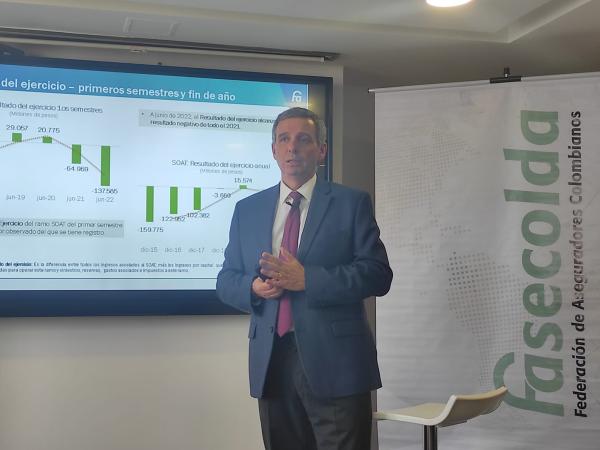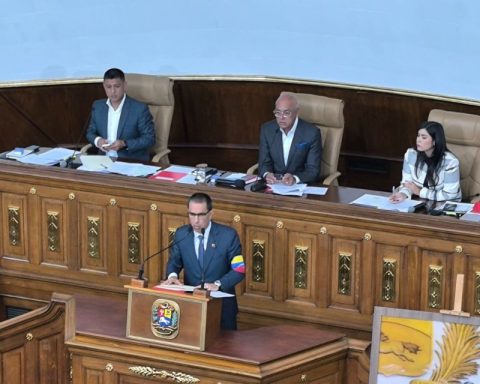The statistics of Carabineros Police Operation Tactical System on crimes in Chile reveal some tendencies when comparing 2021 and 2022: while on the one hand there is evidence of an increase in the realization of illicit acts of a 51% between both years, variations of increases and decreases are also registered when observing the detail month by month of 2022.
Despite the fact that this significant increase in statistics must be analyzed in the context of the pandemic, taking into account last year’s mobility restriction measures, the security issue took over the political agenda and also the discussion on the proposed new constitution ahead of the plebiscite of this 4th of September.
In this context, experts from the University of Chile They addressed this problem from a comprehensive perspective and analyzed the proposals of the Convention on the matter under that logic. In the opinion of the specialists, the new Constitution bets “for a broad approach” in terms of citizen security. In the first place, they explain, the focus is on prevention, highlighting the article 53 which mentions the “Right to live in safe and violence-free environments”. Reinforcing that it is the duty of the State to equitably protect the exercise of this right for all people, through a violence and crime prevention policy that will especially consider the material, environmental, and social conditions and community strengthening of the territories .
INTEGRAL APPROACH
In this way, the academic Faculty of Law and expert in Police and Urban Order Control, Paz Irarrázavalensures that crime has structural origins of inequality and exclusion of certain social groups. “The proposal for a new Constitution is an advance, because it has a comprehensive approach, emphasizing prevention and reintegration actions, it also addresses crimes that were not always a priority, such as gender-based violence and the violence suffered by children and adolescents. There is also a demilitarization of the police, which allows a different way of fulfilling their role”.
Irarrázaval reinforces that “The 1980 Constitution does not refer to citizen security, it only regulates the Forces of Order and Public Security, which exist to give effectiveness to the law and guarantee internal public security”. In the proposal for a new Magna Carta, he compares, emphasis is placed on the importance of actions to prevent, prosecute and punish crimes, as well as the social reintegration of convicted persons.
In this line, the experts of the University of Chile agree that the phenomenon of crime and the perception of fear have to be approached from different angles, leaving the merely punitive aspect.
For the academic of the department of Historical Sciences of the Faculty of Philosophy and Humanities, Caroline Gonzalezwhat is relevant is being able to get out of the logic of control and punishment as a model to eradicate crime. “Although criminology, as well as some social movements, have questioned the positions of control, punishment and repression, full of class, gender and race biases; what is concrete is that what some authors call the ‘structural punitive reason’ prevails, so it is relevant to incorporate another type of approach to address the social phenomenon”.
In this line, the academic Center for Citizen Security Studies of the Faculty of Government, Diego Pinol, points out that this issue has years of evidence and has a recipe that combines prevention from different angles because “Comprehensive prevention is necessary, the State has various divisions, where work must be done in an integrated and collaborative manner with the state apparatuses. From the municipalities, executing public policy from the local level”.
For her part, the academic Center for Citizen Security Studies of the Faculty of Government, Olga Spinoza, It reinforced that the State is a fundamental actor to address citizen concerns regarding the increase in the feeling of insecurity, since “Multiple actions are required to address them since they are complex, such as strengthening the institutions that are working to control crime, and they must also have more prominence, prevention actions such as the prevention of domestic violence, bullying in schools and public spaces that involve the community”.


















